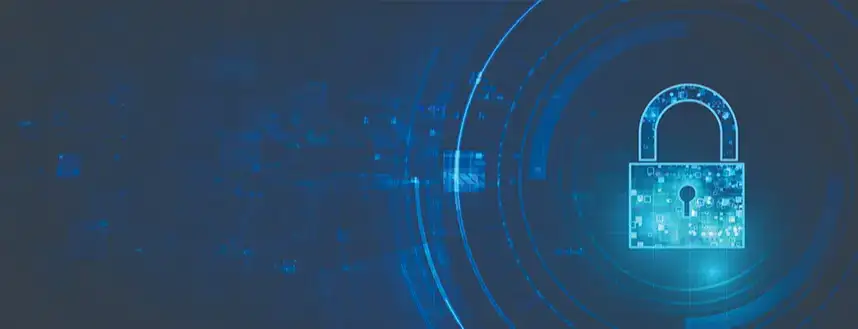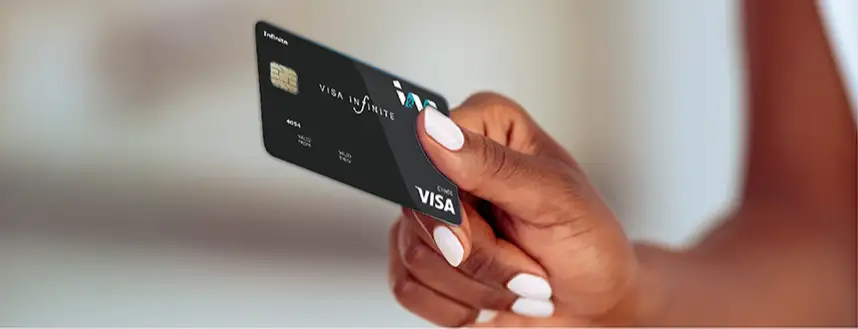Cyber-security in an era where digital banking is the order of the day

Howdy, it’s been a minute but it is always lovely to catch up with you. This rainy weather has me on sweaters and hot chocolate most of the time…Hope you are keeping warm though. Today I want us to have a chat on cybersecurity. I know you’ve heard that word a number of times but are you cyber secure, especially at a time like this where we are heavily relying on the internet for most of our transactions?
What’s the worst that can happen if you are not cyber secure? Well, a lot can happen. For instance, if your personal data is breached, all your private information becomes public. A hacker might be able to access your banking information or steal your identity. For businesses, breach of data can lead to loss of revenue or having to spend money on legal fees, PR, or insurance costs just to deal with the situation.
So how do you ensure you are cyber secure?
Start by making sure all your operating systems and applications are up to date. This helps eliminate vulnerabilities that hackers may use to access your device. You can do this by simply:
Making sure your web browser plugin like Adobe Flash, Java, etc. are updated
Make sure you set your web browser to update automatically
Turn on automatic updates on all your devices.
Use strong passwords and protect your passwords. Use passwords that are not so obvious and easy for someone to guess. A combination of characters, numeric and special characters is advisable. Avoid leaving hints of passwords and use a password management tool to help you manage your passwords. This tool works by keeping all your passwords in one place and giving you a “master key” password that can unlock the rest. This way you don’t have to write down your password or struggle to remember.
Use multi-factor authentication. This will simply add a layer of protection to your password. With Multi-factor authentication, after entering your password you’ll be prompted to enter an additional code, another password, or your fingerprint.
Be on the lookout for phishing. Scammers may pose as someone you are familiar with and trick you into opening malicious links that may divulge important credentials or infect your device with a virus.
Avoid using your debit cards for online billing. This is because debit cards are linked to your bank accounts and fraudulent sites can use this channel to syphon money from your account. I recommend you use a prepaid card for online payments and subscriptions. Need one? Click here and make your pick!
These are just a few tips on how you can secure yourself online. There are many channels fraudsters can use to steal from you. Be proactive and always learn more about how you can secure yourself online. With that said, if you ever suspect any fraudulent activity in any of your I&M Bank accounts, immediately call us on 020 322 1000 or email us at [email protected] and we will immediately assist you. With that said, ciao, till next time!
Your bank buddy
IMBA
We Are On Your Side








